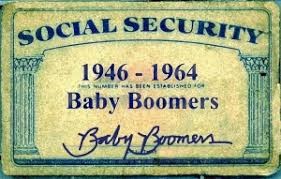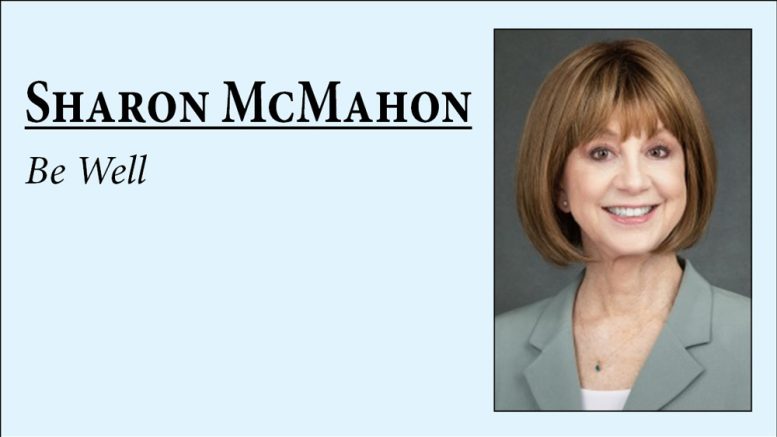Editor’s note: This column was previously published in The Reporter on Dec. 1, 2022.
“I intend to live forever or die trying.” – Groucho Marx
Baby Boomers – the term assigned to the temporary increase in the birth rate after World War II, Baby Boomers were born between the years 1946 and 1964 and began turning 65 in 2011.
By 2030, one in five Americans will be a senior citizen. Exercise programs for adults 50 and older are becoming more available, as Baby Boomers usher in their retirement years by keeping physically active and fit. As a group, Boomers are the wealthiest, most active, and the most physically fit generation to date, with the tendency to think of themselves as different from those who came before them.
With Baby Boomers reaching retirement age, why should their fitness accomplishments be any different? I teach a fitness class twice weekly at an assisted living facility and I can share with you, dear readers, that I have been told many times by the folks participating in the class that they wish they had started “sooner” to incorporate exercise into their lives. While most of these participants are slightly older than us “Boomers” they tell the tale to which we should all listen!

Graphic provided
Fitness trainers and health professionals are developing programs to cater to the aging yet on-the-go generation with programs that include everything from mild, non-impact aerobics to strength training, to yoga as well as the more extreme triathlon training. This range of training programs can extend longevity and help Boomers maintain mobility while slowing the onset of age-related illnesses, including cognitive decline. The many benefits of regular exercise – weight maintenance, improved immune function and heart health, and enhanced flexibility and sleep – are even more important as one ages. Clearly, committing to a routine of physical activity is one of the healthiest decisions Boomers can make.
Here are some guidelines for baby Boomers before engaging a workout program for safety and effectiveness:
- Get medical clearance from your doctor before starting an exercise program, especially if there is a pre-existing condition.
- Never continue an exercise activity if something feels wrong such as sharp pain, dizziness, or shortness of breath.
- Start slowly, especially if you’re just beginning an exercise regimen; it’s best to build up your fitness program a little at a time. Even breaking workouts into short increments several times a day is much better than doing nothing.
Fellow Boomers, don’t let a few gray hairs or those aches and pains cause you to give up of feeling better, looking better, and spending more time with your loved ones. And those of you who are the son or daughter of a Boomer, or those who have a special Boomer in your life … encourage that person to live life fully and as actively as possible.
Sharon McMahon, CNWC
The opinions expressed in this article are not intended to replace advice of your personal physician or licensed health professional. Please consult your physician for any issues you may have related to nutrition or fitness activity.

